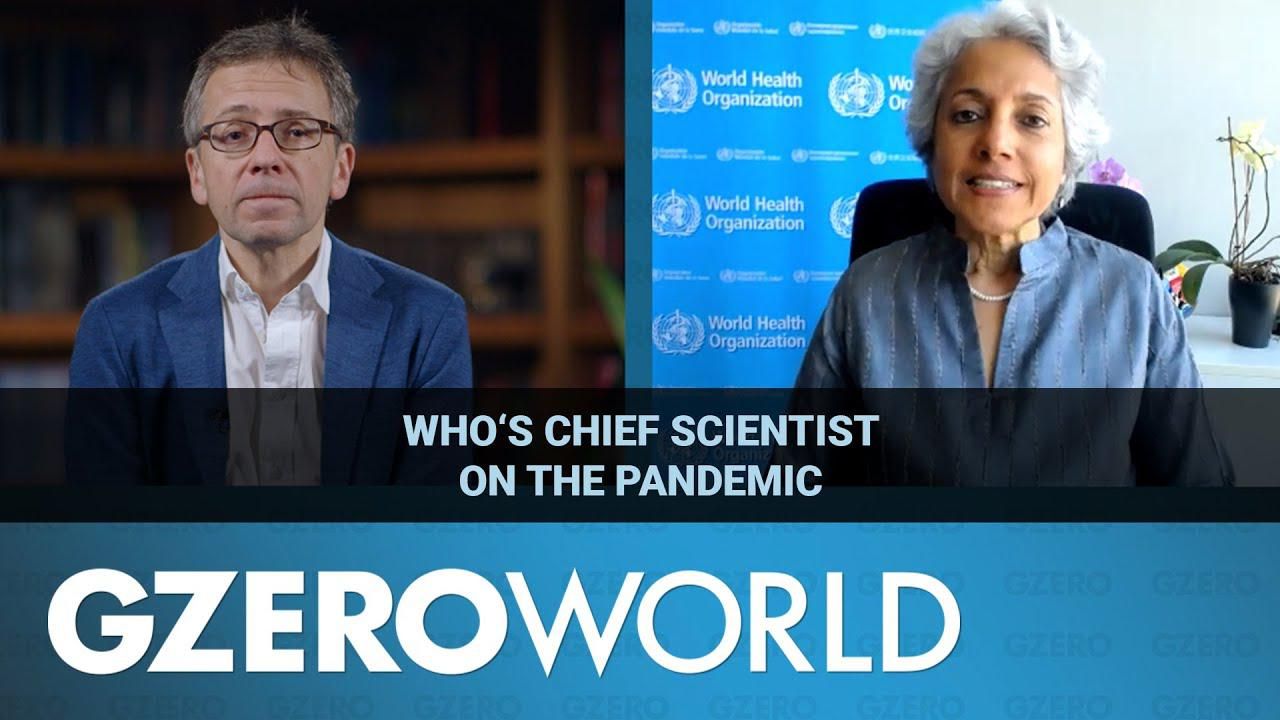GZERO World with Ian Bremmer
Vaccine nationalism could prolong the pandemic

Vaccine Nationalism Could Prolong the Pandemic | GZERO Media

Vaccine nationalism, where countries prioritize their own citizens before the rest of the world, has been effective for rich nations like the United States and Israel. But leaving behind so much of the global population isn't just a humanitarian issue. It could prolong the pandemic, according to the World Health Organization's Chief Scientist, Dr. Soumya Swaminathan, who argues that what the global vaccination effort most urgently lacks are doses, not dollars. In a wide-ranging interview with Ian Bremmer on GZERO World, she calls for a large increase in the global vaccine supply in order to prevent the rise of more dangerous and vaccine-evading super-variants. She also weighs in on a controversial new WHO report investigating the origins of COVID-19 and suggests we may be seeing alternative vaccine forms, like nasal sprays, sooner than we think.
In this Quick Take, Ian Bremmer weighs in on the politicization of the Olympics after comments by Team USA freestyle skier Hunter Hess sparked backlash about patriotism and national representation.
100 million: The number of people expected to watch the Super Bowl halftime performance with Bad Bunny, the Puerto Rican superstar and newly minted Album of the Year winner at the Grammys.
Brazilian skiers, American ICE agents, Israeli bobsledders – this is just a smattering of the fascinating characters that will be present at this year’s Winter Olympics. Yet the focus will be a different country, one that isn’t formally competing: Russia.
Japanese Prime Minister Sanae Takaichi, president of the Liberal Democratic Party (LDP), appeals for a candidate during a street speech of the House of Representatives Election Campaign in Shintomi Town, Miyazaki Prefecture on February 6, 2026. The Lower House election will feature voting and counting on February 8th.
Japanese voters head to the polls on Sunday in a snap election for the national legislature’s lower house, called just three months into Prime Minister Sanae Takaichi’s tenure.